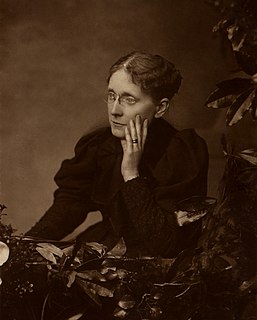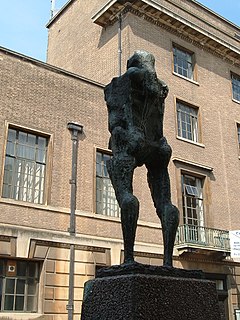A Quote by Hosea Ballou
There is one court whose findings are incontrovertible, and whose sessions are held in the chambers of our own breast.
Related Quotes
Anybody who's a mythology ... there's always a fear. That's why we don't like people whose skin color is different, whose eye slant is different, or whose worship is different. It makes them feel insecure. So we strike out. The thing that bothers me most about the Christian church today is that we spend our time confirming people in their own sense of wretchedness.






































